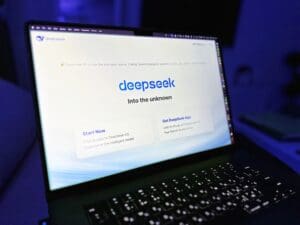In this week’s Patch Tuesday update (dated 10th October, 2017), Microsoft have released patch for a vulnerability which affects multiple versions of the Windows operating system and could allow an attacker to execute arbitrary code through specially-crafted DNS responses.
The CVE-2017-11779 vulnerability was discovered by Nick Freeman (a security researcher at BishopFox), who identified the vulnerability being present within the DNSAPI.dll library. The vulnerability relates to the DNSAPI.dll library failing to correctly handle DNS responses that are sent using the DNSSEC protocol and could allow an attacker to inject malicious code that will be executed on an end-users workstation. The DNSAPI.dll library is the core component of the DNS client service within Windows, which is used to send, receive and cache DNS queries and responses from Windows applications that have a requirement to resolve a hostname to a corresponding IP address.
It is important to note that this vulnerability does not just affect DNS queries made by web browsers. Many applications within the Windows operating system make use of the DNS client service, so that the IP addresses of destination hostnames can be resolved. This means that any application which connects to a service which is referred to by the server’s Fully-Qualified Domain Name (FQDN) will make use of the DNS client service. With many of these DNS queries being made in the background, it would most likely result in an end-user being completely oblivious to an attack taking place.
If a malicious user had access to the internal network of an organisation, it is possible that they could install a malicious DNS server which would send specially-crafted DNS responses to workstations. Due to the fact that the DNS client service runs under the Local System Account within Windows, it is possible that if this vulnerability were to be compromised by a malicious user, it would grant them full-system privileges on the host on which the malicious code was executed.
The following versions of the Windows operating system are currently affected by this vulnerability:
- Windows 8.1
- Windows RT 8.1
- Windows 10
- Windows Server 2012
- Windows Server 2012 R2
- Windows Server 2016
Dan Petro, a Senior Security Associate at BishopFox produced the following video which explains the vulnerability in more detail:
With Microsoft releasing a patch for this vulnerability this week, Windows users are urged to ensure that the latest security patches have been applied.
References
https://portal.msrc.microsoft.com/en-us/security-guidance/advisory/CVE-2017-11779



















“We were very impressed with the service, I will say, the vulnerability found was one our previous organisation had not picked up, which does make you wonder if anything else was missed.”
Aim Ltd Chief Technology Officer (CTO)